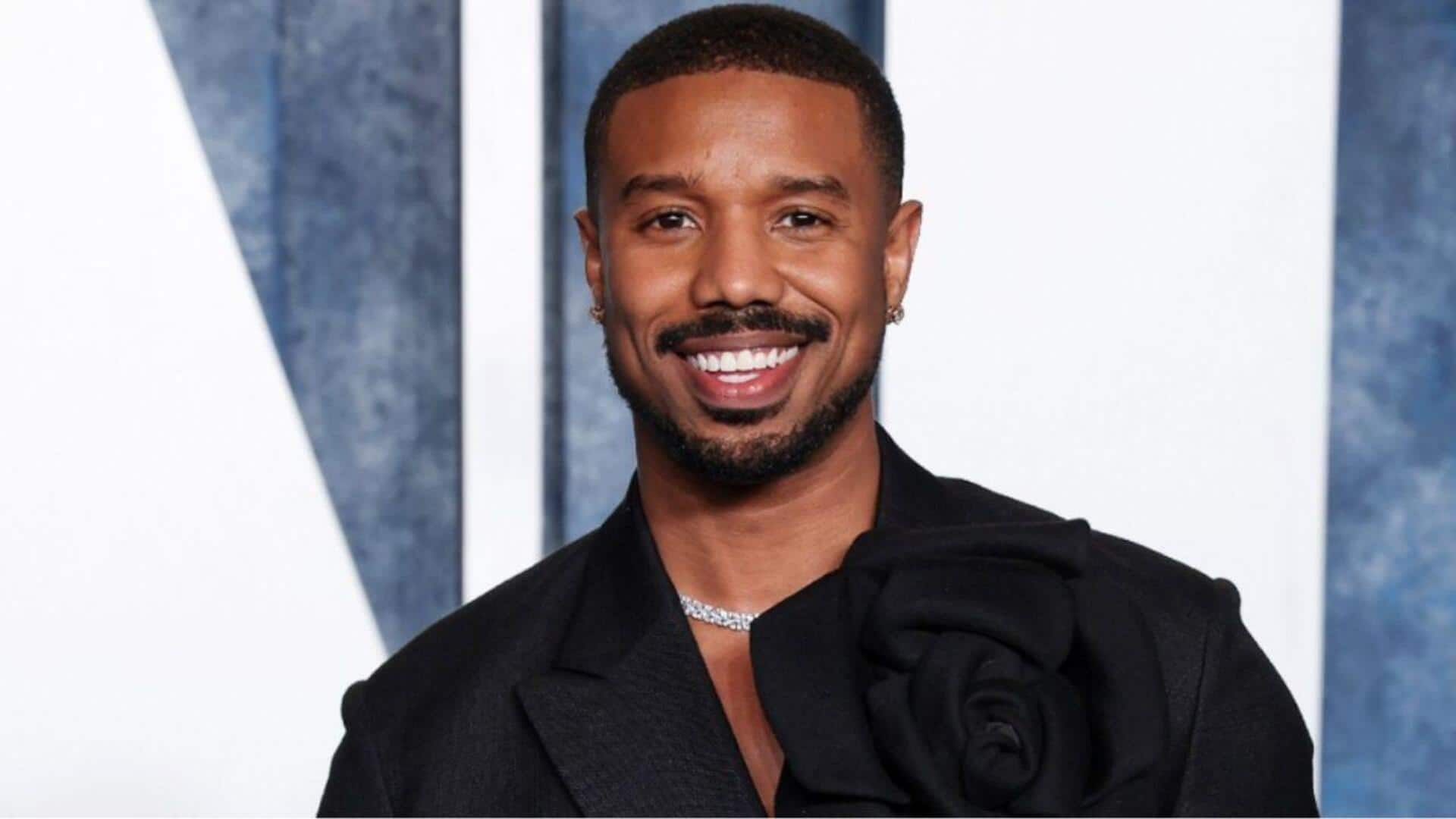
How Michael B. Jordan is changing the face of cinema
What's the story
Michael B. Jordan has emerged as a key player in American cinema, with his powerful roles that break stereotypes and introduce new narratives in Hollywood. His performances have not just enthralled the audience but transformed the way stories are narrated in the industry. With his selection of varied roles, he has added to the representation of characters and themes, inspiring filmmakers and audience alike.
Drive 1
'Black Panther' and cultural impact
In Black Panther, B. Jordan played Erik Killmonger, a character who added depth to the superhero genre by tackling the themes of identity and heritage. This role highlighted cultural issues largely ignored by mainstream cinema, making it one of the highest-grossing movies with over $1 billion worldwide. The film's success proved how much the audience craved diverse storytelling and opened doors for more inclusive narratives.
Drive 2
'Creed' series revitalizes boxing genre
The Creed series saw B. Jordan stepping into the ring as Adonis Creed, giving the boxing genre a much-needed shot in the arm with a modern take on legacy and ambition. His portrayal brought emotional gravitas to sports dramas, luring in both fans of classic boxing movies and newer audiences alike. The series grossed over $100 million domestically per installment, proving its universal appeal.
Drive 3
Focus on socially relevant themes
Most of the times, B. Jordan's choice of roles reflect socially relevant themes that resonate with contemporary issues. In movies like Just Mercy, he addressed topics like racial injustice in the legal system. Not only does this bring attention to real-world problems, it does so through compelling storytelling. These projects not only entertain but also educate viewers about pressing societal concerns.
Drive 4
Expanding roles behind the camera
Beyond acting, B. Jordan has expanded his influence by taking on roles behind the camera as a producer through his production company, Outlier Society Productions. This move allows him to champion projects that align with his vision for diversity in Hollywood, while supporting emerging talent from underrepresented backgrounds in filmmaking.